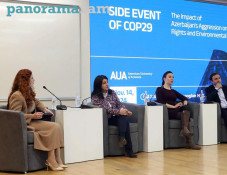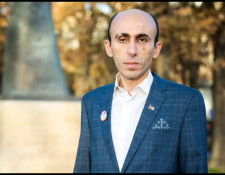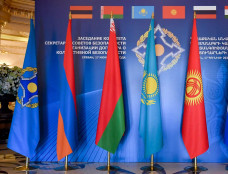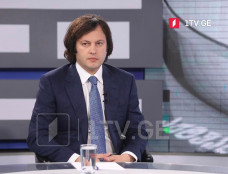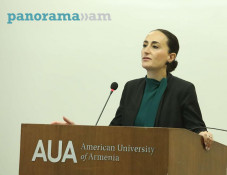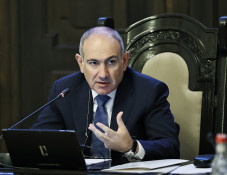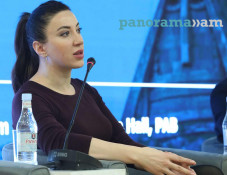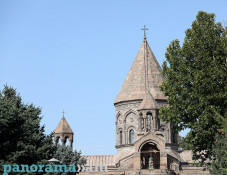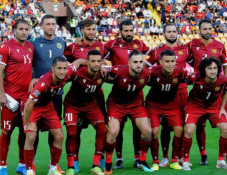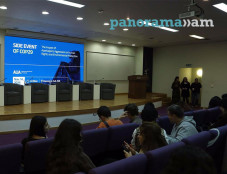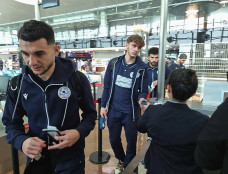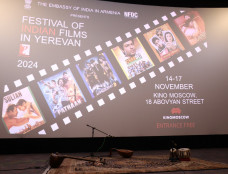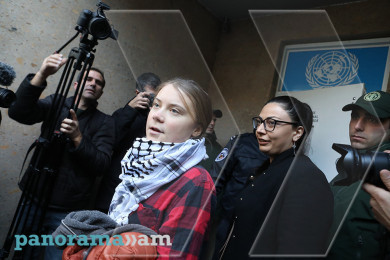
BBC: Pope Francis and Russian Orthodox Patriarch Kirill call for restored Christian unity at historic Cuba talks
Pope Francis and Russian Orthodox Patriarch Kirill have called for restored Christian unity between the two churches at historic talks in Cuba, the BBC reports.
The meeting was the first between a Pope and a Russian Church head since the Western and Eastern branches of Christianity split in the 11th Century. In a joint declaration, they urged the world to protect Christians from persecution in the Middle East, according to the BBC.
The two-hour talks on Friday between Pope Francis and Patriarch Kirill were held at Havana airport. The pair embraced and kissed each other at the start of their talks. "I'm happy to greet you, dear brother," the Russian Church leader said. "Finally," the pontiff said as cited by the BBC.
At a news conference after the meeting, Kirill said the discussions were "open" and "brotherly," while Francis described them as "very sincere."
"We hope our meeting contributes to the re-establishment of this unity wished for by God," their joint declaration said. The document called on the world community to defend Christians, saying that "in many countries of the Middle East and North Africa whole families, villages and cities of our brothers and sisters in Christ are being completely exterminated."
"Their churches are being barbarously ravaged and looted, their sacred objects profaned, their monuments destroyed," the declaration reads, according to the BBC.
In the swirl of black - Vatican officials and security - Pope Francis was a lone figure in white on the heated tarmac of Havana airport as he arrived to do his part in healing one of the longest religious disputes. Russian Patriarch Kirill had arrived shortly before. The venue is a compromise. After no contact in over five centuries, it would be impossible to have the first such meeting in the Vatican or Moscow, and Catholic Cuba is still in the Russian sphere of influence, the BBC points out.
In purely symbolic terms, this is an extraordinary moment, but it is perhaps even more significant in terms of Church diplomacy, the BBC's Will Grant in Havana says.
Newsfeed
Videos





